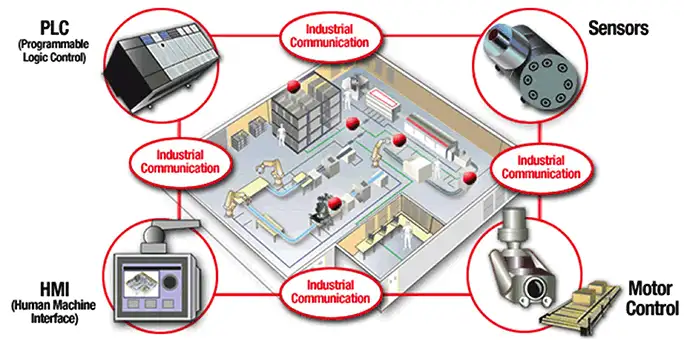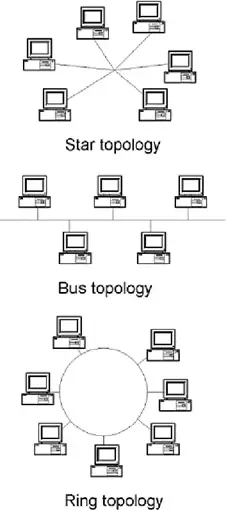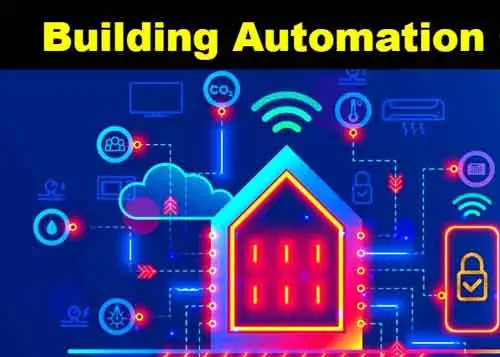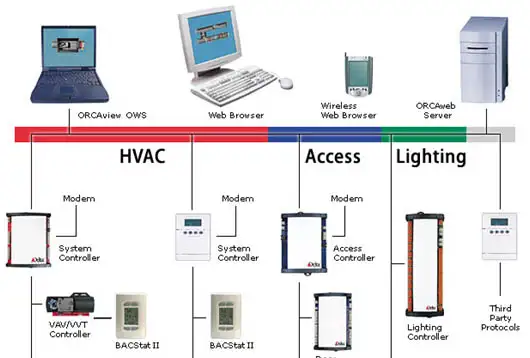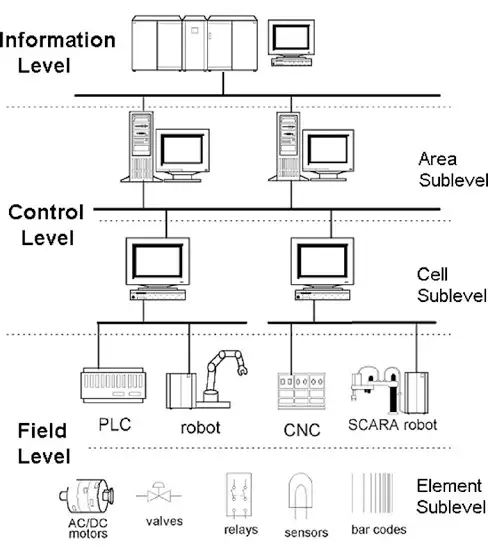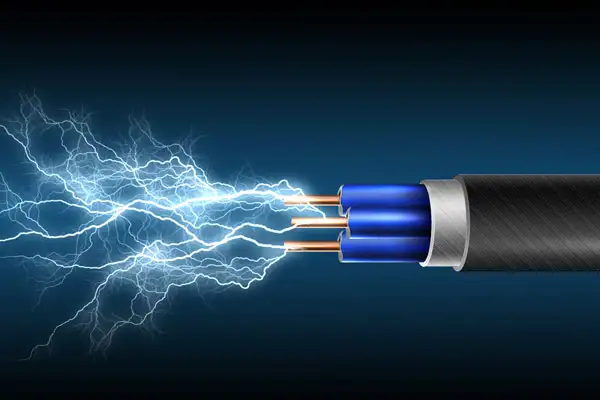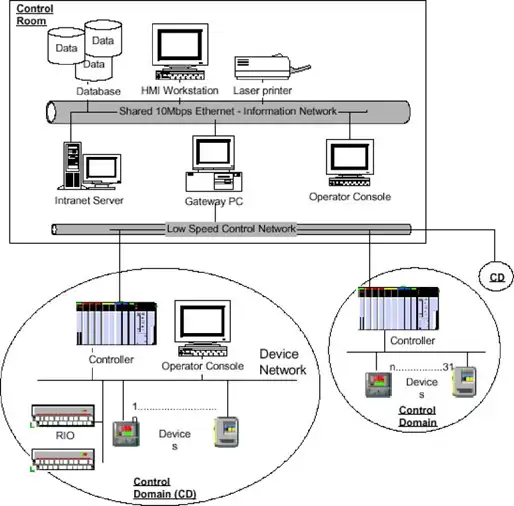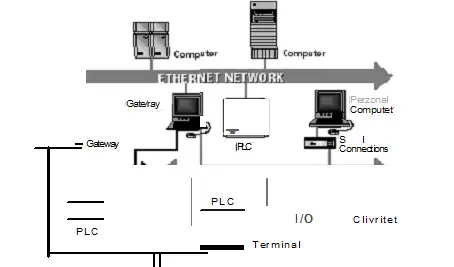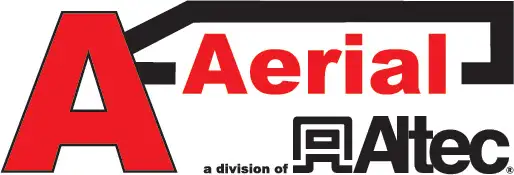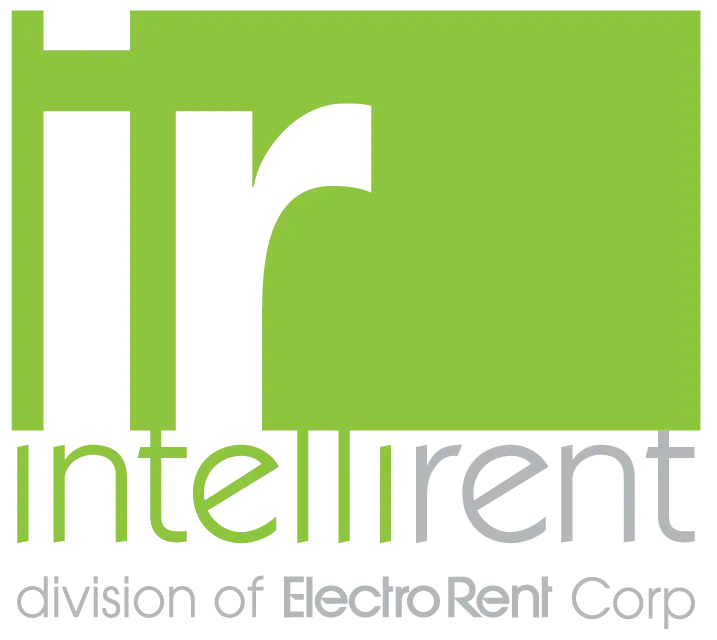Energy Management Systems & Smart Buildings
Energy management systems transform how we manage and consume energy in industrial, commercial, and institutional power systems. By incorporating energy efficiency, building automation, smart grid technology, demand response, energy monitoring, energy conservation, HVAC control, energy optimization, renewable energy integration, and energy analytics, Energy Management Systems offer a comprehensive energy management solution for a more sustainable future.
At the core of ems systems are key components that work together to improve energy efficiency. These components include sensors, controllers, actuators, and communication networks that gather real-time data from various energy-consuming pieces of equipment. This data is then analyzed to optimize the system's performance, ensuring cost-effective energy use and minimal waste.
One of the primary ways energy management systems improve efficiency is through building automation. Building managers can monitor and control various aspects of their facility's electricity usage by integrating different systems such as lighting, heating, ventilation, and air conditioning (HVAC) control. This level of control enables them to make informed decisions, reducing energy consumption while maintaining a comfortable and productive environment.
Energy management systems also play a significant role in developing and implementing smart grids. These grids use advanced communication technologies and IoT devices to connect renewable energy sources, such as solar panels and wind turbines, with the electric utility. As a result, power supply and demand can be better balanced, leading to more efficient and reliable electricity distribution.
Demand response is another crucial aspect of Energy Management Systems, allowing consumers to adjust their consumption based on real-time information from the electric grid. By participating in demand response programs, consumers can reduce their energy consumption during peak hours and benefit from lower energy costs.
Power conservation is a primary goal of energy management systems, and energy management systems achieve this through various strategies such as efficient HVAC control, lighting optimization, and equipment scheduling. In addition, businesses and homeowners can significantly reduce their overall power usage by ensuring that power-consuming devices are used only when necessary.
Power optimization is an essential part of EMS, achieved through the ongoing analysis of consumption patterns and equipment performance. Advanced power analytics tools can identify inefficiencies and recommend actions to maximize savings. These insights can help building managers create power-saving strategies, such as adjusting temperature set points, optimizing lighting controls, and scheduling equipment use.
One of the most exciting aspects of energy management systems is their seamless integration of renewable energy sources. By incorporating solar panels, wind turbines, and other clean power technologies, EMS can help businesses and homeowners reduce their reliance on fossil fuels and lower their carbon footprint.
The role of IoT and AI in energy management systems is crucial, as they enable remote monitoring, real-time data analysis, and predictive maintenance. By using IoT devices to gather data and AI algorithms to analyze it, EMS can detect inefficiencies and anticipate equipment failures, ensuring optimal system performance.
By adopting energy management systems, businesses and homeowners can save money on their power bills and reduce their environmental impact. In addition, by optimizing power use, reducing waste, and integrating renewable energy sources, EMS leads to cost savings and contributes to the global effort to combat climate change.
The field of energy management systems is constantly evolving, with new trends and innovations emerging regularly. These innovations include integrating energy storage solutions, microgrids, and machine learning algorithms for even more precise power optimization.


